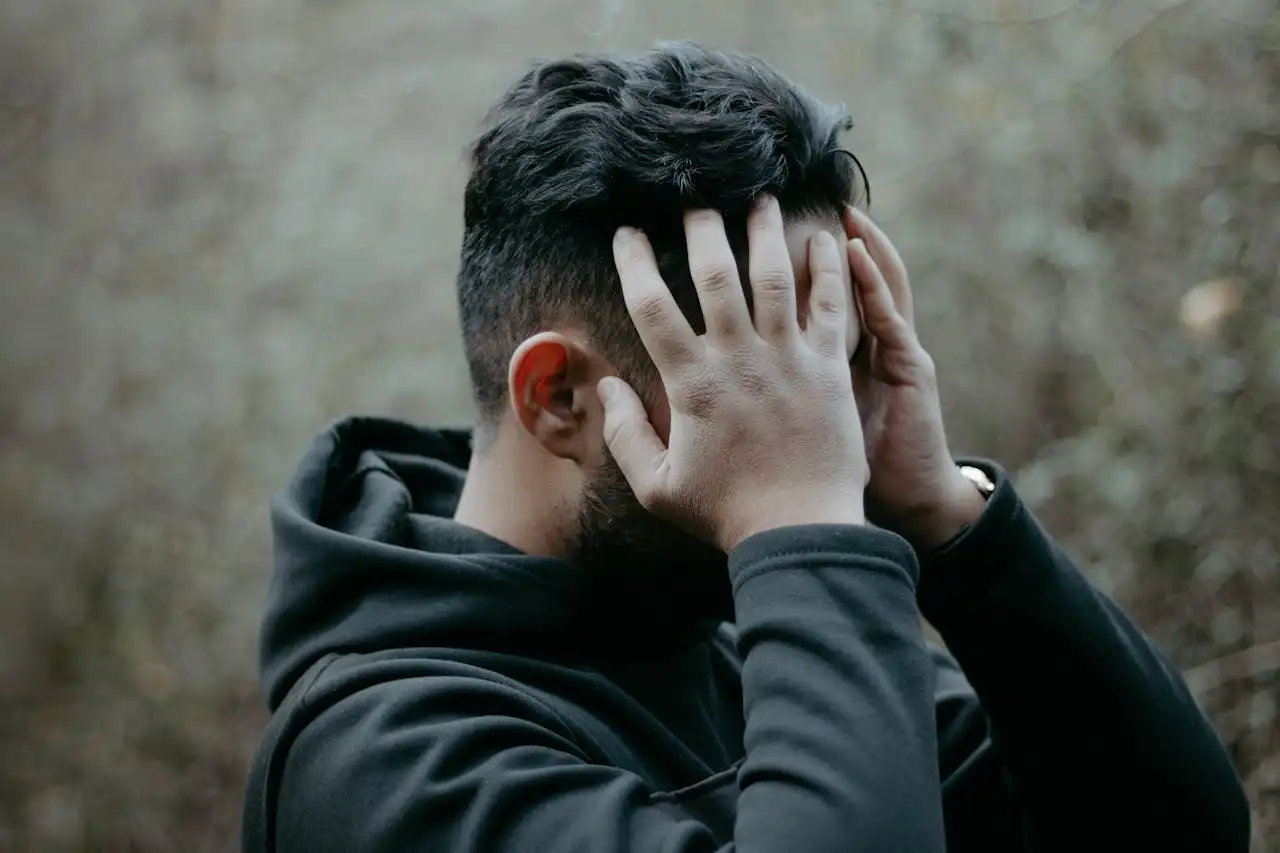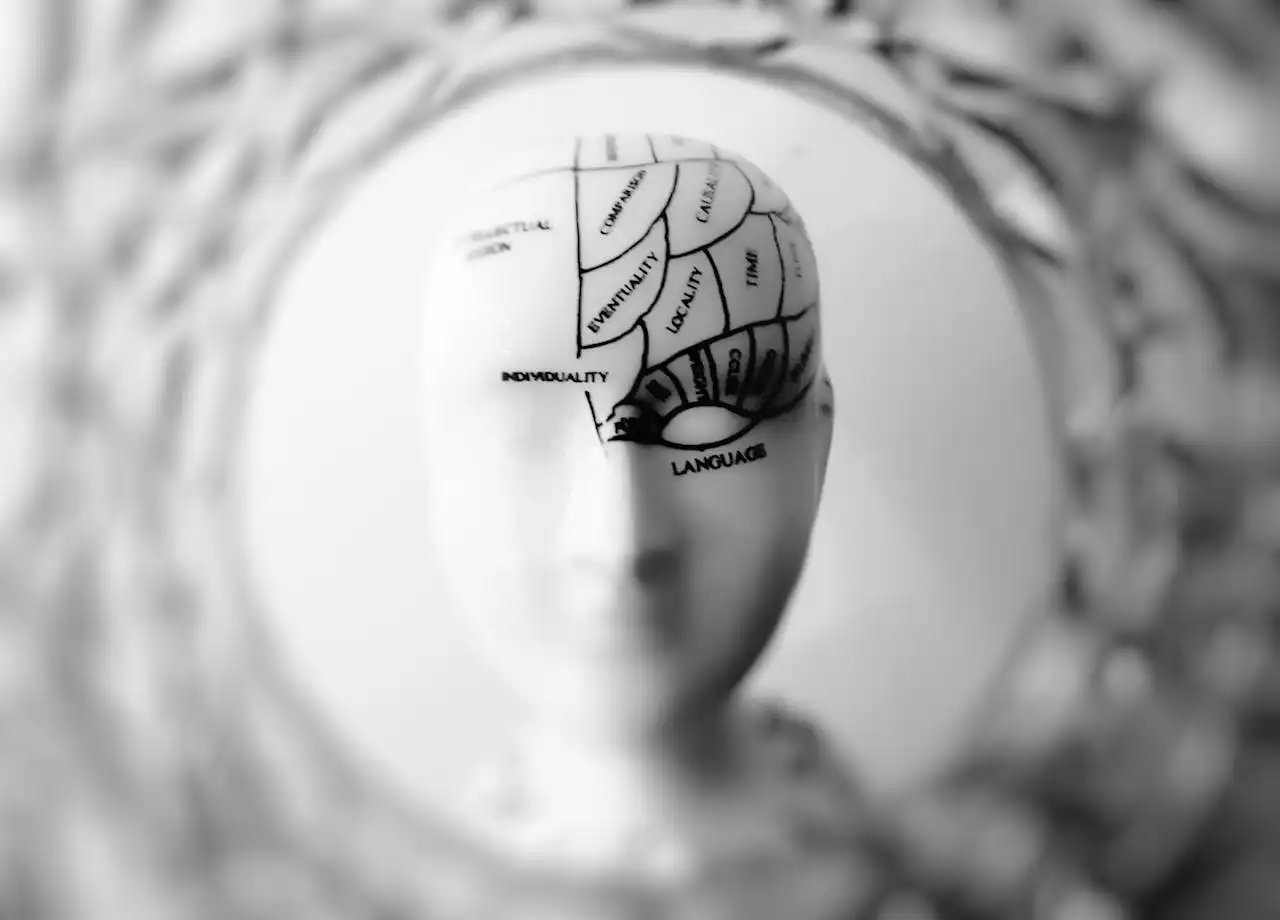It's Not Just a Lack of Friends: Understanding the Different Types of Loneliness, from Social to Emotional
Muhe - Saturday, 19 July 2025 | 11:30 PM (WIB)


The Obvious One: Social Loneliness (aka The "FOMO" Vibe)
This is the one most people think of when they hear the word "lonely." It’s pretty straightforward: you lack a social network, or at least a fulfilling one. Maybe you just moved to a new city where you don't know a soul. Perhaps your old college crew drifted apart, and you haven't quite found your new tribe. It's that feeling of not getting invited to the hangout, seeing everyone else's Instagram stories of fun nights out, and just kinda wishing you had somewhere to be, someone to chat with about your day. Social loneliness often feels like a lack of belonging, a feeling of being on the outside looking in. It’s the absence of regular, casual interactions – the coffee catch-ups, the spontaneous movie nights, the group chats buzzing with silly memes. It’s not necessarily about deep intimacy here, but simply about having a community, a general sense of being connected to a broader group of people. The fix often involves actively seeking out new groups, joining clubs or classes, maybe even just getting a dog and hanging out at the local dog park. Low stakes, but super effective for this type of disconnect.The Insidious One: Emotional Loneliness (aka The "No One Gets Me" Feeling)
Now, this is where things get a bit more complex, and often, more painful. Emotional loneliness isn't about lacking a social circle; it's about lacking *intimate* connections within that circle. You might have plenty of friends, even a partner, but still feel profoundly alone. It’s that gnawing sense that no one truly understands you, that you can't share your deepest fears, hopes, or quirks without judgment or misunderstanding. It’s the feeling of being seen, but not truly known. Here's the kicker: You can be in a crowded room, at a family dinner, or even snuggled up next to your significant other, and still feel this type of loneliness hit you like a tonne of bricks. It’s about the quality, not the quantity, of your relationships. Maybe you've built walls so high no one can climb over them, or maybe you haven't learned to be vulnerable, fearing that being truly seen might lead to rejection. Addressing emotional loneliness often requires digging a bit deeper, learning to open up, and maybe even having those brave, messy conversations that truly bridge the gap between people. Sometimes, it means admitting to yourself that a relationship you thought was deep is actually pretty shallow.The Profound One: Existential Loneliness (aka The "Big Questions" Vibe)
Alright, buckle up, because this one’s a deep cut. Existential loneliness isn't about lacking friends or even lacking intimacy. It's a fundamental sense of being alone in the universe, an awareness of our unique consciousness and the ultimate aloneness we face when contemplating life, death, and meaning. It's the feeling that no matter how close you get to someone, there will always be a part of your inner world that remains uniquely yours, unfathomable to anyone else. We're born alone, we die alone, right? This type of loneliness often surfaces during moments of profound reflection, major life transitions, or existential crises. Think about those late-night thoughts, staring at the ceiling, wondering about your purpose, or the sheer vastness of the cosmos. It’s less about a desire for connection and more about grappling with the human condition itself. While it sounds heavy, experiencing existential loneliness isn't necessarily negative. It can be a catalyst for self-discovery, creativity, and finding meaning in our unique individual journeys. It pushes us to connect with something larger than ourselves – whether that's nature, art, philosophy, or spirituality.The Temporary One: Situational Loneliness (aka The "Just For Now" Blip)
Finally, we have situational loneliness, which is often a temporary visitor rather than a permanent resident. This type crops up due to specific life circumstances. Moving to a new country, starting a new job where you don't know anyone, going through a breakup, dealing with a significant illness, or experiencing grief – all these can trigger a wave of loneliness that's tied directly to the situation at hand. The good news is that situational loneliness often resolves itself as you adapt to your new circumstances. You’ll eventually make friends at the new job, build new routines after a breakup, or find support through your recovery. It’s a natural response to change and upheaval. The key here is to recognize it for what it is – a temporary state – and to actively seek support and new connections during these transitional periods. It’s like your social battery is suddenly on the fritz because its usual charging stations are gone, but you can find new ones.Why Understanding the Nuances Matters
So, why bother splitting hairs over different types of loneliness? Because what gets named, gets tamed. If you're experiencing emotional loneliness but try to fix it by just going to more parties (social solutions), you're going to end up feeling even more isolated and misunderstood. If your existential dread is peaking, inviting more people over for board games won't magically make the big questions disappear. Understanding the specific flavor of loneliness you're feeling is the first, most crucial step toward finding the right antidote. It empowers you to tailor your approach, to seek out the connections that truly nourish you, rather than just filling a void with superficial interactions. It helps you articulate what you’re feeling, not just to others, but to yourself. No joke, that self-awareness is a superpower. In a world that's more connected digitally than ever, yet often feels strangely disconnected socially, recognizing the multifaceted nature of loneliness is more important than ever. It's not a personal failing; it's a deeply human experience. By giving it a name, we can start to dismantle its power, fostering genuine connection, one nuanced feeling at a time. Be kind to yourself, and remember: feeling lonely doesn't mean you're alone in that feeling.
How to Relax Your Mind During the Weekend
6 months ago

ChatGPT's Compassionate Turn: How AI Is Learning to Handle Mental Health Crises Better
6 months ago

Coffee vs. Tea: The Morning Brew Showdown That's More Than Just a Cuppa
6 months ago

Cracking the Code: Your Guide to Taming Those Beastly Migraines
6 months ago

Fuel Your Supercomputer: Five Foods That Will Level Up Your Brainpower
6 months ago

Unlocking Your Inner Shield: Five Veggies That Are Basically Superheroes for Your Immune System
6 months ago

Your Secret Weapon for Weight Loss? It's As Simple As Putting One Foot in Front of the Other
6 months ago

Forever Young: The Secret to a Glowing, Timeless Life
6 months ago

Your Gut Feeling is Right: How to Feed Your Inner Universe for a Happier, Healthier You
6 months ago

Navigating Your Daily Grind: When Does Your Coffee Habit Cross the Line?
6 months ago
